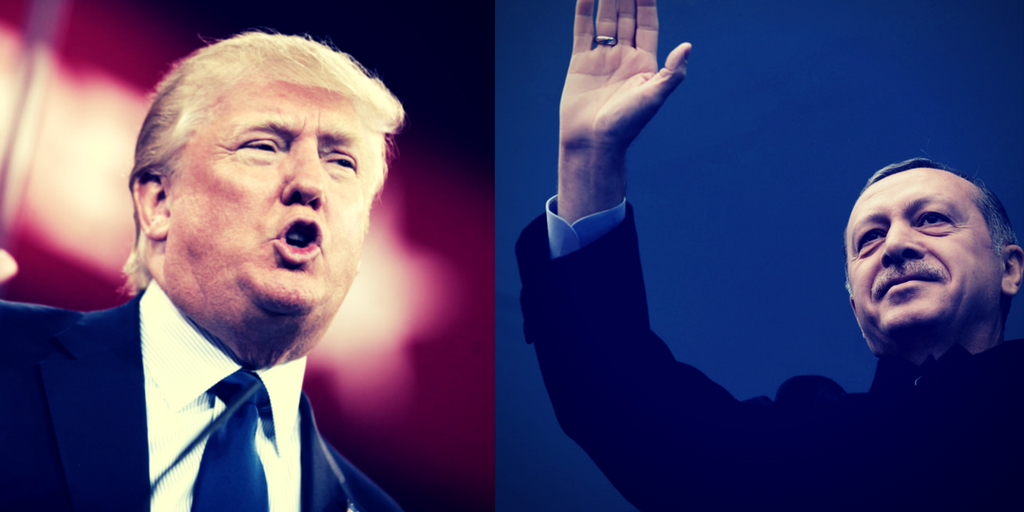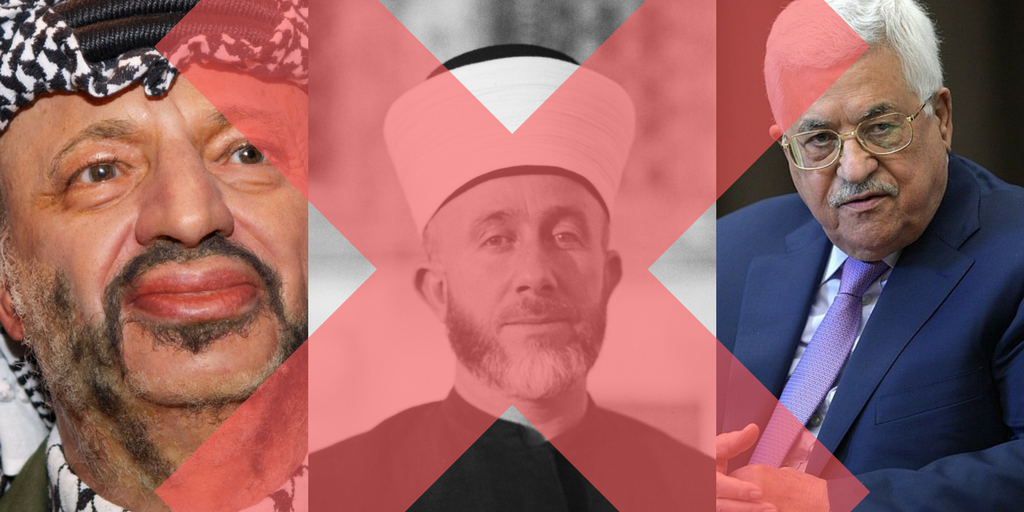The Turkish army announced the beginning of “Operation Olive Branch” earlier today (Jan. 20th) and immediately started bombing the Kurdish dominated enclave of Afrin in an attempt to wipe out what they call “terrorists.” However, the Syrian Kurds make up the majority of the US trained SDF and are heavily armed with American weaponry. Afrin may be an isolated enclave, but it is backed up by America.
Turkey’s Erdogan insists that once he is done in Afrin he will move to the main part of what the Kurds call Rojava. Rojava and the area the SDF controls is nearly 1/3 of Syria. The SDF has been the most effective fighting force against ISIS and with both Secretary of State Tillerson and Gen. Mattis announcing the need to keep American forces in Syria after ISIS, the SDF is critical for American influence in a post ISIS Syria.
To this point, Erdogan senses that the SDF and the expanded territory of an autonomous Syrian Kurdistan are a permanent fixture. His invasion of Afrin and Rojava is serious.
Want More In Depth Analysis? Subscribe to Our Premium Newsletter Today!
Will the US Fight Back?
Yes. The Kurds in Syria are not the KRG in Iraq. The US government sees the SDF as a critical component of stabalizing Syria in a way that is beneficial to US interests. The US has already provided ManPads to the SDF to knock Turkish planes from the sky.
Turkey may be able to push the Kurds out of Afrin in the early phases, but it will run into heavy resistance as it continues.
Is this the End of NATO?
If there is a direct clash between the US and Turkey, then yes. The fact is, Turkey has been on its way out of NATO for a while, but this accelerates the pace of Turkey leaving the Cold War relic. Yet, this does not mean Turkey leaving under these auspices is a good thing. However hated Turkey is within the ranks of NATO, a direct clash between Turkey and a fellow member state’s proxy has the potential to shake foundations of NATO. Of course this is Erdogan’s goal.
Where is Russia?
Putin has already moved his troops and most of his airforce from Afrin as a way to steer clear of the conflict. Putin’s goal is to allow Turkey and the US backed Kurds to take each other down while Russia cleans up after the mess. Russia’s secondary goal is splinter NATO as he pushes forward with his expansion.
The Russian Ministry of Defense issued the following statement:
“The command of the Russian group of troops in Syria has taken measures to ensure the security of Russian servicemen located in the district of Afrin, where the Turkish Armed Forces launched a special operation against the Kurdish armed groups,” the statement reads.
The Russians also said that the US supplies of advance weapons to the Kurdish People’s Protection Units (YPG) in Syria triggered Turkey’s military operation against the Kurdish militias in Afrin.
“Uncontrolled deliveries of modern weapons, including reportedly the deliveries of the man-portable air defense systems, by the Pentagon to the pro-US forces in northern Syria, have contributed to the rapid escalation of tensions in the region and resulted in the launch of a special operation by the Turkish troops,” the ministry said.
In the coming days it will become apparant that NATO, Turkey, and the US backed Kurds are moving the region into an expanded conflict that no one will find a clean way out of.







